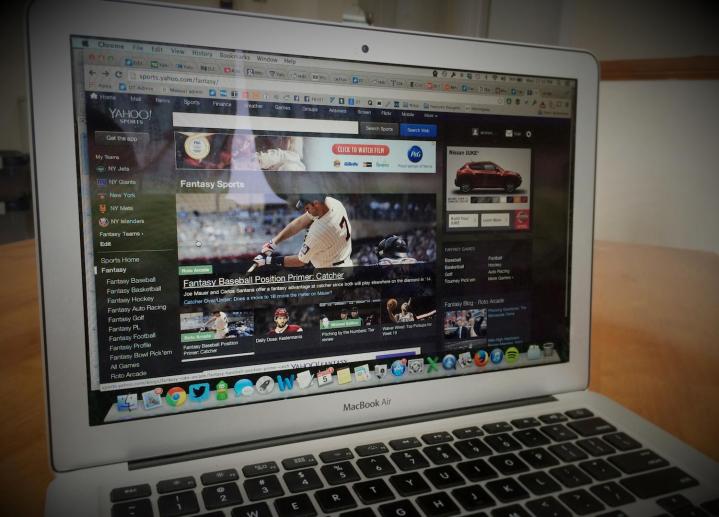
As you may have heard, Yahoo plans to gradually phase out the option to login to Yahoo services using Facebook or Google ID credentials. Instead, as Reuters first reported, users of Yahoo properties like Flickr or its NCAA college basketball-focused Tourney Pick’Em will eventually be asked to create a Yahoo username and password, which will later be the only sign-in credentials Yahoo accepts. The Google ID and Facebook buttons currently found on Yahoo sites will one day disappear.
So, what happens to all the photos, brackets, and other data associated with accounts that used Google or Facebook login credentials? Will users have to start from scratch?
Not at all, says Yahoo.
“After creating a Yahoo username, you’ll have one single sign-in for all Yahoo properties and your data will transfer for all of the properties,” says Lauren Whitehouse, a Yahoo spokeswoman. “For example, your saved stocks on Yahoo Finance can now be accessed with the new Yahoo username you created to access Tourney Pick’Em.”
Tourney Pick’Em will be the first Yahoo service to push the switch to the company’s sign-in requirement.
For now, users are still able to log in with Facebook or Google ID. Once signed in, says Whitehouse, “we will ask you to create a Yahoo account whenever you do sign in.” Eventually, Yahoo will be “moving towards requiring you to use the Yahoo account to sign into your league. This Yahoo account will be linked to your Facebook or Google account so all of your league data will still be accessible,” she says.
Yahoo says the use of a Yahoo sign-in will allow users easier access to their services across all devices, and expedite password recovery. Of course, it will also potentially allow Yahoo to solidify an independent identity separate from its competitors, and help the company tap into the increasingly profitable market of online identities, which Quartz reports may be worth as much as $52 billion by 2021.
The biggest downside for users here, as far as we can tell, is the burden of remembering yet another username and password set, and the potential security vulnerabilities inherent in using a single login for multiple services.


